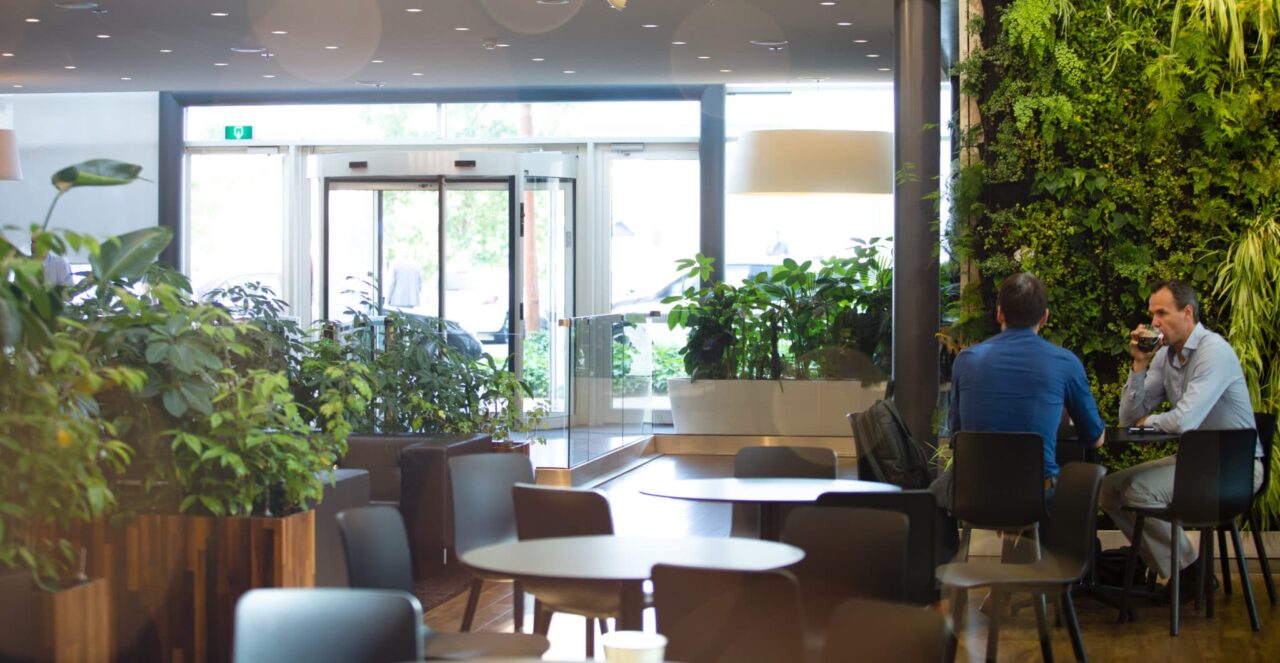The well-being of people, our living environment and the preservation of our planet are forcing all businesses to reassess priorities and have rightly placed the topic of sustainability at the top of the agendas of corporate boards.
Our industry is uniquely placed to provide the tools and technologies to help continue the fight against global warming and support a more sustainable way of life. At Liberty Global, we’re playing our part by constantly evaluating and improving our efforts to cut down our emissions and ecological footprint in our operations and looking at new ways to make our products and services more sustainable.
We’re also stimulating innovation – supporting and enabling the sustainable technologies that we believe are the future of our sector and beyond.
Earlier this month, we partnered with Formula E, the all-electric racing series, to showcase our shared vision of innovative and sustainable technology. Liberty Global was an early investor in Formula E, recognising its potential to change the electric vehicle industry and its importance as the world’s first sustainable motorsport.
“Liberty Global’s commitment to a more sustainable future is clear – we were the first cable operator to set science-based targets in line with the Paris Agreement”
Over 200 people, including industry peers, media, and members of the European Parliament and Commission, joined us to discuss how we can speed up the transition to sustainable mobility in Europe and get an ‘under the hood’ look at the innovation that powers these incredible vehicles.
The event was the first part of our ‘sustainable innovation’ series – in which we’re showcasing Liberty Global’s commitment to sustainable innovation through our ventures, our investments, and our own operations.
We’ve followed this with the launch of a report which explores how the telecommunications sector has a key role to play in the transition to a greener and more sustainable future. The report, commissioned by EY, explores the positive impact Gigabit connectivity can have on the environment and importantly provides concrete case studies of this impact in action.
One example from a project run by Sunrise in Switzerland, shows how using 5G-connected drones in precision-farming can reduce the use of pesticides by 80%, with super-fast networks allowing for real-time data analysis for how to better manage weeds and increase yields.
Another highlighted example was the EDGE smart buildings management system, piloted in Amsterdam in 2016. Here, fixed Gigabit connectivity enables building management systems to save up to 30% more energy in old buildings and 10% in new buildings.
The EU has set a target of achieving at least a 55% reduction in greenhouse gas emissions by 2030. The work to reach that goal is in full swing, with digital technologies playing a crucial role. The report by EY highlights the fact that applying such technologies could reduce global GHG emissions by 9% by 2030. That is a considerable portion of the EU goal.
The report concludes that Gigabit and 5G technologies have a key enabling role in supporting other industries and furthering the green digital transformation. Further research will be required to foster innovations and ensure that the energy-saving benefits created by new smart solutions, running on our high-speed connections, will outperform any negative impacts.
Liberty Global’s commitment to a more sustainable future is clear – we were the first cable operator to set science-based targets in line with the Paris Agreement; we joined the European Green Digital Coalition as a founding member, and last year announced our net zero targets for 2030. Our technology teams have embedded sustainability into the design process of our products, resulting in some devices now being made from 100% recyclable materials. And while data traffic has increased steadily each year, emissions are being controlled and kept flat due to the focus on making our networks more energy efficient.
We will continue to invest in innovation and technologies that support economic, societal, and environmental objectives – and will work within our sector and across industries to reach our targets. This is the time for our industry to come together to showcase how technology can be the vehicle that powers the race for a sustainable future.










